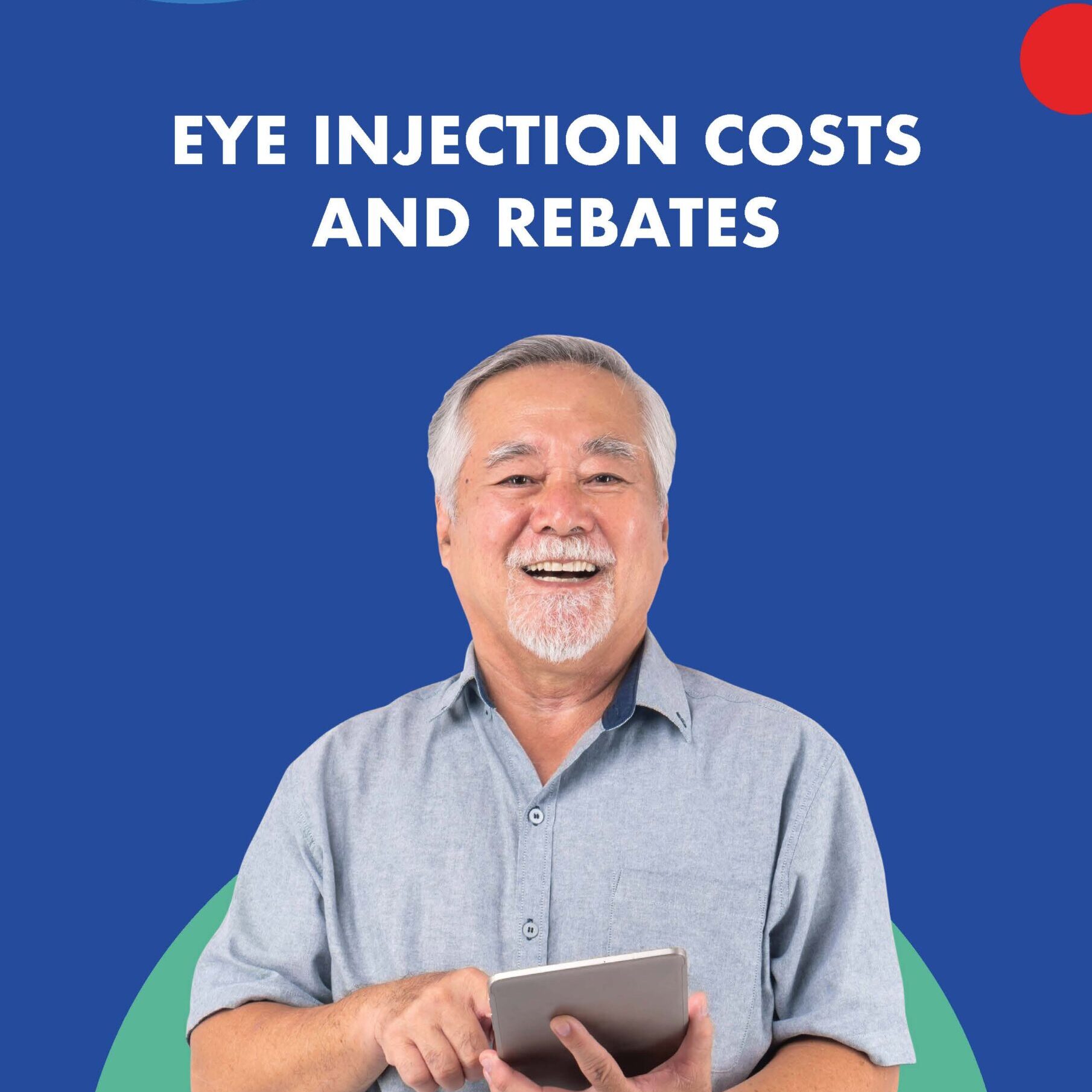General treatment costs
There are significant, ongoing costs associated with sight-saving eye injections. Eye injections are also called intravitreal injections (IVI). They’re used in the management of wet (neovascular) age-related macular degeneration, diabetic retinopathy and similar conditions.
For some macular conditions, you may also be billed for regular laser treatments.
Yet other conditions require surgical intervention, such as a vitrectomy.
Ophthalmologists set their own fees. So that means we can provide only general advice and information on fees and rebates.
We recommend you ask your ophthalmologist for written details about the specific costs you’ll incur during treatment. This should cover the cost of consultations, tests, treatment and surgery.
If the costs will cause you significant financial difficulty and compromise your treatment plan, discuss this with your ophthalmologist.
Never stop or skip treatments, unless advised to do so by your ophthalmologist. It could lead to permanent vision loss.
Get the fact sheet
Download this publication today.
Download






